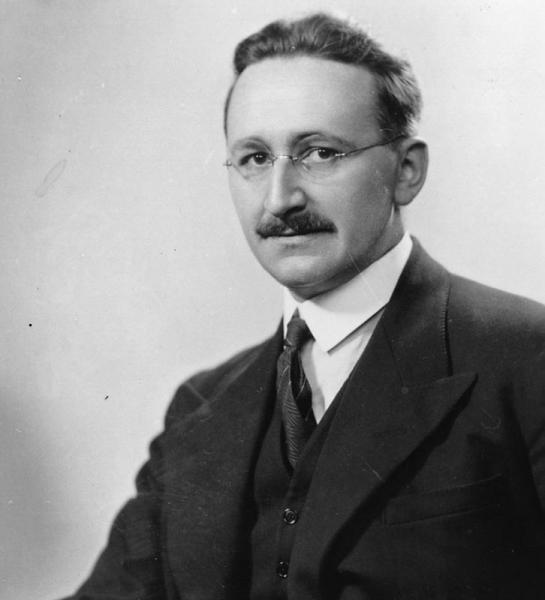
“The curious task of economics is to demonstrate to men how little they really know about what they imagine they can design.”
Friedrich Hayek (1899-1992), the Nobel Prize laureate in 1974 for Economic Science, was an Austrian economist and philosopher best known for his defense of classical liberalism. Born in Austria-Hungary, Hayek was greatly influential and succeeded in spreading Austrian ideas throughout the English-speaking world.
Hayek’s The Road to Serfdom, written in 1944, serves as a persuasive and popular exposition of free-market economics. New York Times editorial writer and champion of free-market economics Henry Hazlitt regarded his work as “one of the most important books of our generation” in a front-page review of the New York Times. With over two-million copies sold, The Road to Serfdom has had a significant impact on conservative and libertarian politics.
The Road to Serfdom makes a strong argument against central planned economies. In doing so, Hayek warns of the dangers of tyranny that inevitably ensue from economic planning brought out by a central government authority. Furthermore, he argues that the abandonment of individualism and classical liberalism predictably lead to a loss of freedom, and the creation of an oppressive society.
Moreover, in Hayek’s The Use of Knowledge in Society (1945), Hayek argues that prices serve to coordinate individual knowledge, enabling society’s members to achieve diverse, complicated ends through a principle of spontaneous self-organization. His theory of how changing prices communicate information enabling individuals to co-ordinate their plans is widely regarded as an significant achievement in economics.
In 1974, Hayek shared the 1974 Nobel Prize in Economics with ideological rival Gunnar Myrdal “for their pioneering work in the theory of money and economic fluctuations and for their penetrating analysis of the interdependence of economic, social and institutional phenomena.”
Most notably, the views of Friedrich von Hayek and his counterpart John Maynard Keynes have served as a driving force in the United States economy since the end of World War II. During the 1950s, 1960’s and into the 1970s, Keynes’ view of having government intervention in economic affairs has prevailed. Since the 1970s however, Hayek’s view of government intervention in a minimal sense has gained popularity.
A series of rap parody videos recently created demonstrate this ongoing battle of economic viewpoints:

